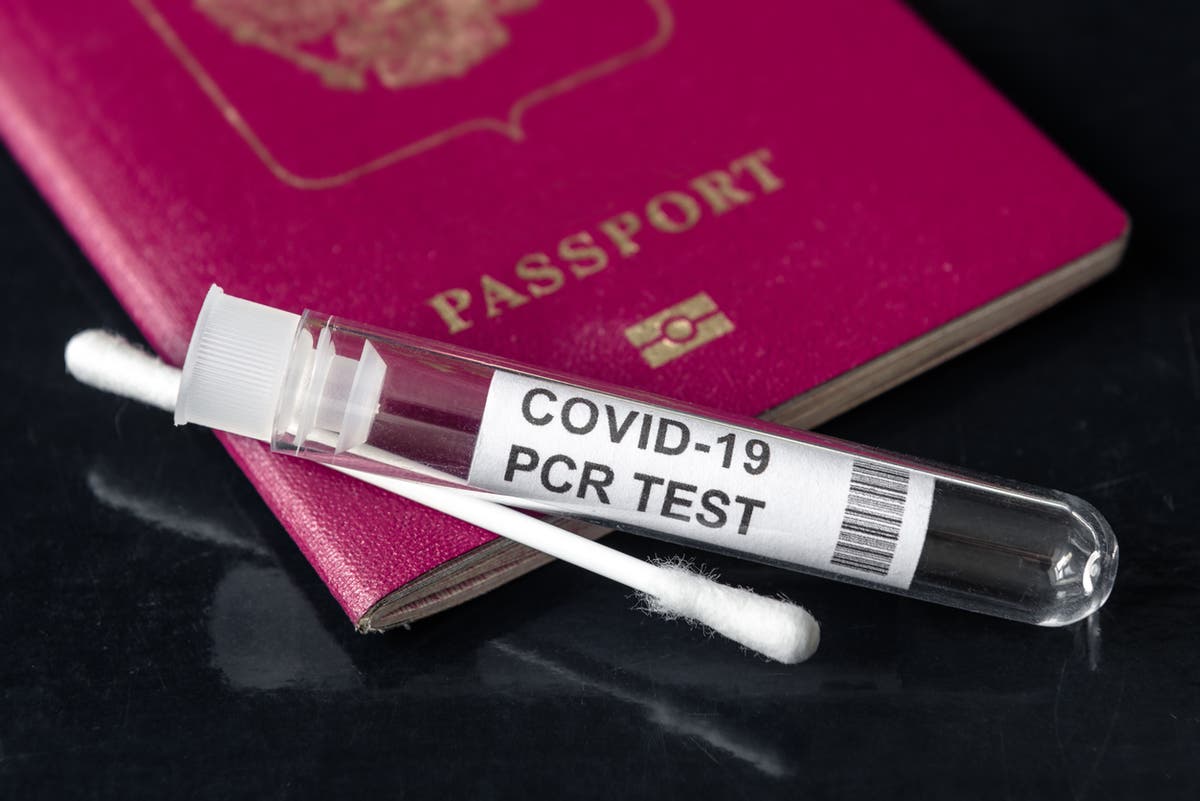Salmon for Beginners
Maybe you’ll be surprised to hear that even though I’ve written about food for over a decade and a half… I’ve only recently become confident about preparing salmon in an oven, mostly because it felt like I was using...


Maybe you’ll be surprised to hear that even though I’ve written about food for over a decade and a half…
I’ve only recently become confident about preparing salmon in an oven, mostly because it felt like I was using a different method every time I’d cook it — broiling under high heat briefly to approximate grilling? Slow-roasting at a low-heat for longer? Cooking steadily on low, then blasting in the last few minutes, like Sara Forte suggests in her Blackened Salmon with Tropical Pico. (That recipe is so good, btw, I make it constantly.) Also, since the thickness of a salmon fillet varies from piece to piece, you have to learn to trust your instincts, recognize signs of medium-rare doneness (it should be only very slightly firm — not rock hard — and flake easily when you prod it with a fork) and exercise the necessary restraint (read: confidence) to not open and close the oven a thousand times to check on the doneness.
I’ve got it down these days, but if you are a beginner, allow me to introduce you to arguably the easiest way to prepare salmon with little to no stress: Pan-fried, in butter, in a nonstick skillet. There’s more to it, but this is really all you need to know. When I make salmon like this, I get that perfect lacquered color every time (see photo) and it takes all the doneness anxiety out of the equation when you’re standing right over your fish, controlling the heat and watching the line of cooked flesh creep up the side of your fillet.
Here’s the basic how-to:
Add 2 tablespoons of unsalted butter to a nonstick skillet (or cast iron) set over medium-high heat.
Add skin-on salmon fillet, flesh-side down and fry until the line of cooked flesh comes about a third of the way up the side of the fillet.
Flip the filet and cook another 2 to 3 minutes (it will splatter a lot because the skin is fatty), until the top of the flesh feels slightly firm to the touch, not rock hard.
Serve the salmon with any one of these no-cook summer sauces, or a dollop of spicy mayo.
It’s not only the easiest way to make salmon, it’s my family’s favorite way to eat it. Last week, I fried up a fillet for myself while Abby was recovering from wisdom tooth surgery. As she dutifully sat with me and sipped her pureed soup, she ogled my dinner with envy — eventually convincing me that it was flaky and tender enough even for someone in her condition. She was right.
P.S. Salmon Crunch Bowls and the fish sandwich I make once a week.
45 COMMENTS

 ValVades
ValVades 
































